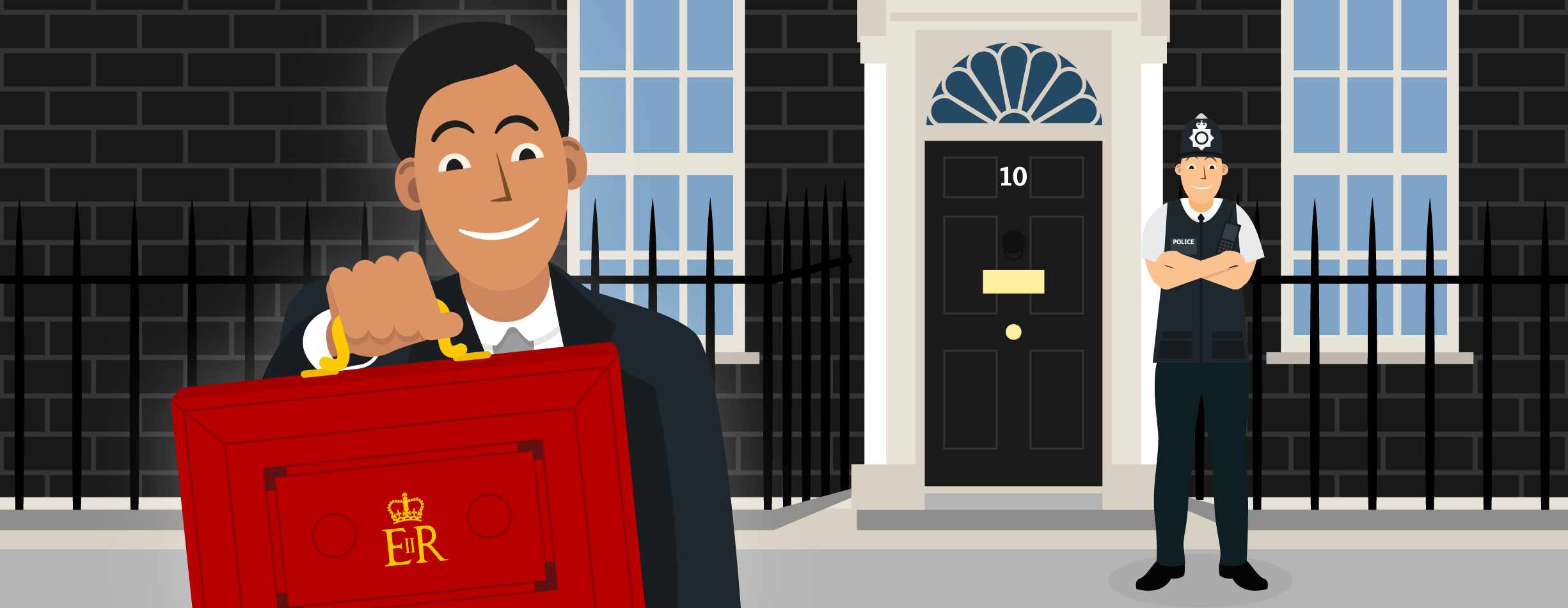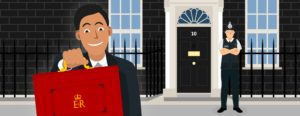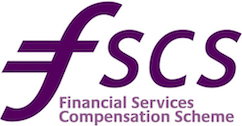The Government has announced its Budget for 2021-22. We take a look at some of the key talking points and what they could mean for you.
The Government has given an update on the state of the economy and outlined its plans for spending and taxation in its Budget for 2021-22.
So what does this mean for you? Let’s take a look at some of the key points, starting with a new mortgage guarantee scheme.
Low-deposit mortgages
If you’re a would-be first-time buyer, the Budget offered some good news: a scheme that could help you get on the property ladder even if you only have a small deposit.
The Government will incentivise lenders to bring back 95% mortgages, making it easier for buyers to purchase a home with a deposit of 5%. Chancellor Rishi Sunak said 95% mortgages had “virtually disappeared” during the COVID-19 pandemic.
Essentially, the Government’s plan is to take on some of the risk associated with these low-deposit mortgages, making banks and building societies more likely to lend.
Brian Brown, consumer finance expert at Defaqto, commented: “This new Government scheme will be welcome news for those looking to buy their first home and struggling to raise a deposit.”
The new plan is open to movers as well as first-time buyers and isn’t restricted to new-build homes, but it does come with a price limit of £600,000.
If saving up to buy your first home is your top financial goal at the moment, did you know you can boost your savings with annual bonuses plus up to £1,000 a year of free Government contributions through the Metfriendly Lifetime ISA? Find out more about the Lifetime ISA here.
Stamp duty holiday extended
The Chancellor also announced the Government would be extending the stamp duty holiday announced in a one-off ‘mini-budget’ last summer until June 30th 2021. Under the scheme, which was originally due to end on March 30th, the stamp duty threshold has been increased to £500,000.
So, if you buy a home for £500,000 or less before June 30th, you won’t pay any stamp duty. From July 1st until the end of September, the threshold will be £250,000, and from October onwards it will return to the usual level of £125,000, or £300,000 for first-time buyers.
Tax, spending and saving
As far as personal taxation goes, it’s pretty much ‘as you were’ for the coming financial year, with no changes in rates of income tax, national insurance or VAT.
The personal income tax allowance for 2021-22 will increase slightly to £12,570 and be frozen at that level until 2026. If you’re a higher earner, your income tax threshold will go up to £50,270 from April 2021 and stay the same until 2026.
Other measures in the Budget included the cancellation of a previously planned increase in alcohol duties. Fuel duties have also been frozen for the 11th consecutive year under the government’s plans to control the cost of living.
On the savings front, annual ISA allowances were also left unchanged at £20,000 for adults and £9,000 for junior ISAs and £4,000 for the Lifetime ISA. If you haven’t yet used up your annual tax-free ISA allowance for 2020-21, you’ve got until the end of March to make the most of it.
Other talking points
The Budget provided an extra £19 million in funding for domestic abuse schemes in England and Wales over the next two years. We’ve heard Former Police Chief Superintendent John Sutherland talk about domestic abuse as being “the single greatest cause of harm in society”. With the number of offences involving domestic abuse increasing significantly during the COVID-19 pandemic, this new investment comes as welcome news to many.
Other big announcements that will be relevant to lots of you include:
- Extension of the COVID-19 furlough scheme until the end of September
- £20 weekly increase in Universal Credit extended for another six months
- Extra support for the self-employed extended until September, with 600,000 more people eligible for financial help
- Minimum wage increasing to £8.91 an hour from April 2021
Your plans
For many, the low-deposit mortgage scheme and the stamp duty holiday extension will be the main talking points in the Budget.
As Mark Hayward, chief policy adviser at NAEA Propertymark noted: “A Government-backed mortgage guarantee scheme will help first-time buyers get on the housing ladder at a time when, for many, owning a home seems an impossible dream.”
But whatever your financial goals, whether it’s buying your first home, planning for retirement or just saving for a rainy day, Metfriendly’s representatives are here to talk through your plans with you.
To talk through your saving options, give our friendly team a call on 01689 891454, book a one-to-one consultation, or leave your details here and we’ll call you back at a convenient time for you.
Follow us












